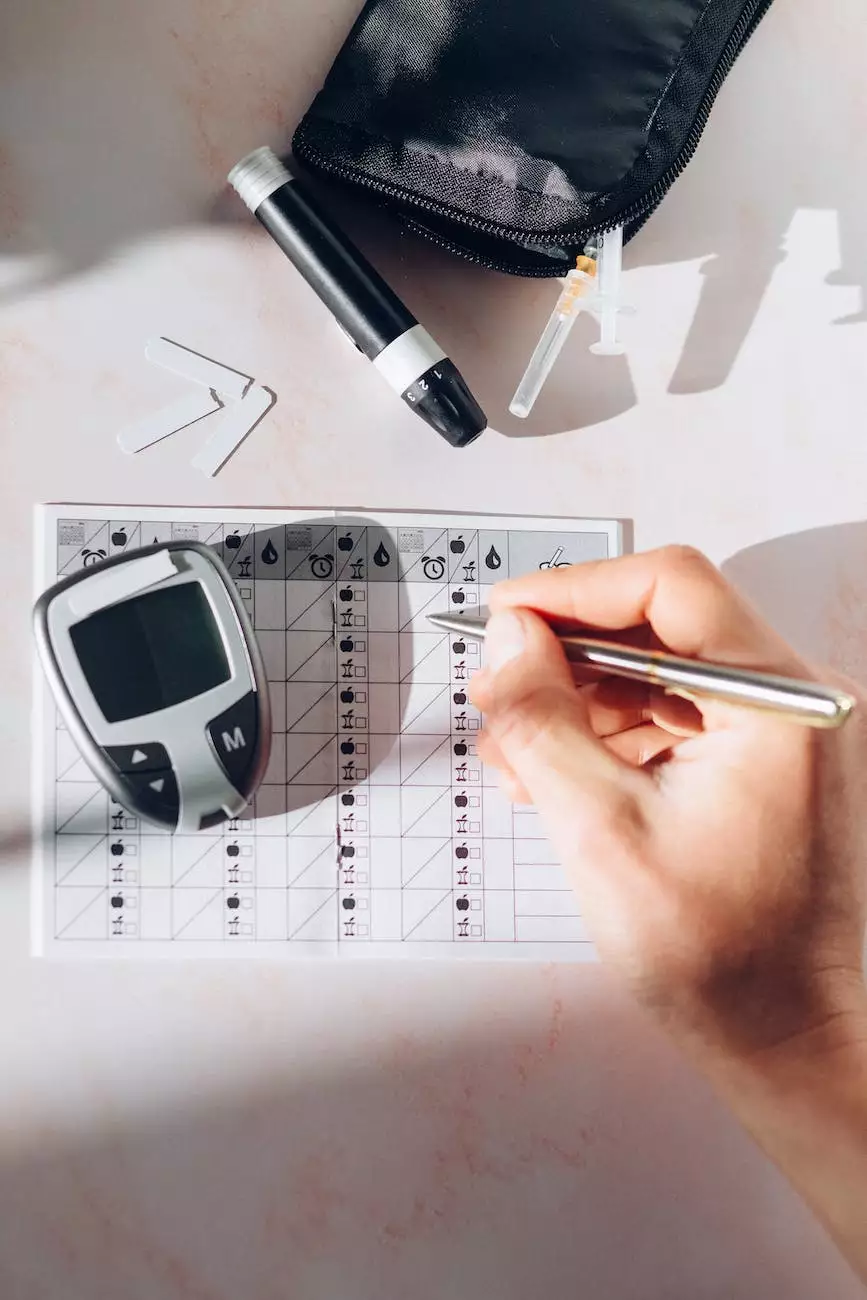Sinus Precautions Following Oral Surgery

Welcome to Foley James D MD's patient education section, where we provide valuable information on sinus precautions following oral surgery. It is crucial to take proper care and follow these guidelines to ensure a smooth recovery process after your oral surgery.
Understanding Sinus Precautions
Oral surgery procedures, such as tooth extractions, dental implants, or corrective jaw surgeries, may sometimes involve the sinus cavity. The sinus cavity is located above your upper teeth and behind your cheeks, and it is important to protect it during the healing process.
Why are Sinus Precautions Important?
Sinus precautions are essential to prevent potential complications and promote successful healing. By following these precautions, you can minimize the risk of infection, sinusitis, or other issues that may arise due to disturbances in the sinus cavity.
Tips for Sinus Precautions Following Oral Surgery
It is recommended to follow these sinus precautions after your oral surgery:
1. Avoid Blowing Your Nose
For the first few days following your surgery, it is important to avoid blowing your nose forcefully. The pressure created by blowing your nose can disrupt the healing process and potentially dislodge blood clots or sutures.
2. Keep Your Head Elevated
Keep your head elevated, especially while sleeping, to reduce swelling and promote proper drainage. Using an extra pillow or sleeping in a reclined position can help achieve the desired elevation.
3. Minimize Activities that Create Pressure
Avoid activities that create pressure in the sinus area, such as bending over, heavy lifting, or straining. These activities can increase the risk of bleeding and disturb the healing process.
4. Follow Your Dentist's Instructions
Your dentist or oral surgeon will provide specific instructions tailored to your procedure and individual needs. It is important to follow their guidance diligently to ensure optimal healing and minimize any potential complications.
5. Take Prescribed Medications
Your dentist may prescribe medications, such as antibiotics or pain relievers, to support your recovery. It is essential to take these medications as instructed to control pain, prevent infection, and promote healing.
Monitoring Your Recovery
It is crucial to monitor your recovery and contact your dentist if you experience any of the following:
- Increasing pain or discomfort
- Persistent bleeding
- Severe swelling
- Excessive discharge or pus
- Severe or uncontrolled nasal congestion
Your dentist is the best resource for assessing your progress and addressing any concerns during the recovery period. Never hesitate to contact them if you have any questions or if you are unsure about any aspect of your healing process.
Conclusion
Proper sinus precautions following oral surgery are vital for a successful recovery. By understanding and implementing these guidelines, you can minimize potential complications and ensure a smooth healing process. Foley James D MD is committed to providing comprehensive care, and we are here to support you throughout your recovery journey.



